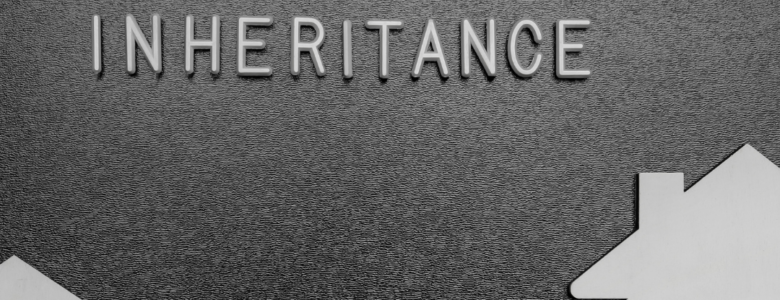Reverse mortgages have gained attention as a financial option for seniors seeking to tap into their home equity without selling their property. While they offer benefits such as supplemental income during retirement, it’s essential to understand their potential impact on inheritance. In this article, we’ll delve into how reverse mortgages can influence the inheritance you leave behind, and what considerations to keep in mind.
Reverse Mortgages
Let’s start by recapping reverse mortgages before delving into their impact on inheritance. These loans enable homeowners aged 62 and older to convert a portion of their home equity into funds. These funds can be received as monthly payments, a lump sum, or a line of credit. Unlike traditional mortgages, reverse mortgages don’t need monthly repayments. Instead, repayment occurs when the borrower moves out, sells the home, or passes away.
Inheritance Impact: What to Consider
- Reduced Home Equity: As you draw funds from your home equity through a reverse mortgage, the remaining equity in your property decreases. Thus, this reduction can impact the value of the inheritance you leave behind for your heirs.
- Loan Repayment: When the reverse mortgage becomes due, typically after the borrower’s passing, the loan must be repaid. This can involve selling the home, using other assets, or refinancing the loan. The repayment process might affect the assets you intended to pass on to your heirs.
- Heirs’ Options: Heirs have several options when it comes to dealing with a reverse mortgage. They can choose to repay the loan and keep the home, sell the property to settle the debt, or allow the lender to foreclose on the property.
Mitigating the Impact
While a reverse mortgage can influence inheritance, there are ways to mitigate its impact:
- Open Communication: Discuss your decision to pursue a reverse mortgage with your heirs. Transparency can help manage expectations and provide clarity on how the loan may affect their inheritance.
- Financial Planning: Work with a financial advisor to develop a comprehensive plan that considers the potential impact of a reverse mortgage on your estate and explores strategies to balance your financial needs with your desire to leave an inheritance.
- Heirs’ Involvement: In some cases, heirs might choose to repay the reverse mortgage and keep the home. Involving them in the decision-making process can lead to a mutually beneficial outcome.








